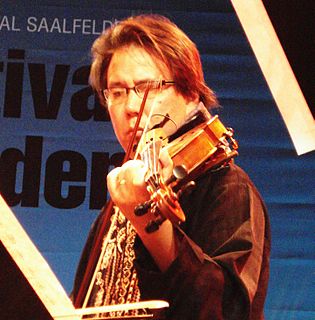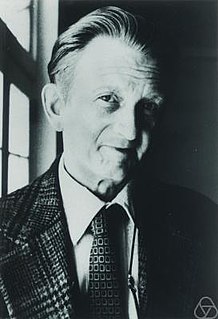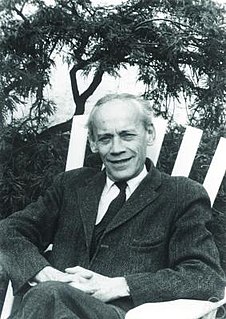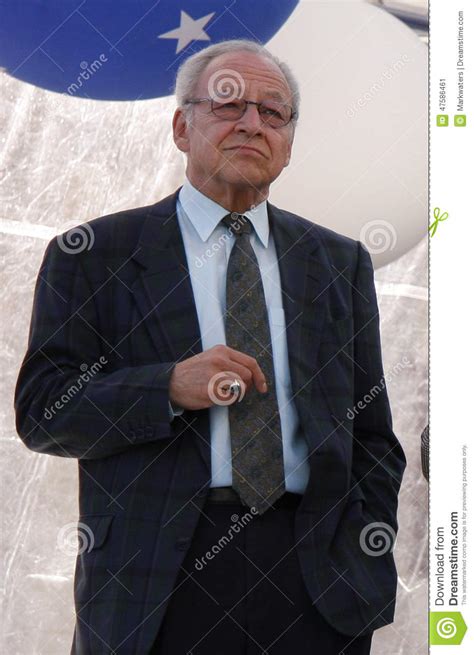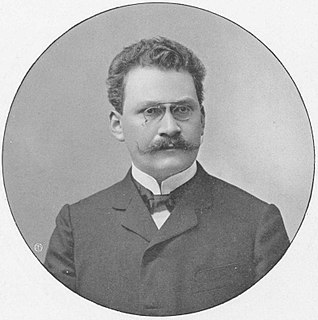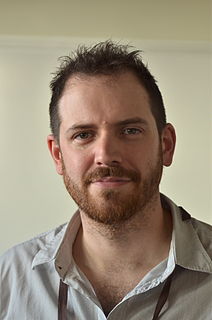A Quote by Martin Gardner
In many cases a dull proof can be supplemented by a geometric analogue so simple and beautiful that the truth of a theorem is almost seen at a glance.
Related Quotes
In the "commentatio" (note presented to the Russian Academy) in which his theorem on polyhedra (on the number of faces, edges and vertices) was first published Euler gives no proof. In place of a proof, he offers an inductive argument: he verifies the relation in a variety of special cases. There is little doubt that he also discovered the theorem, as many of his other results, inductively.
If you have to prove a theorem, do not rush. First of all, understand fully what the theorem says, try to see clearly what it means. Then check the theorem; it could be false. Examine the consequences, verify as many particular instances as are needed to convince yourself of the truth. When you have satisfied yourself that the theorem is true, you can start proving it.
These abnormal aspects included the shapes of UFOs and their behavior. Most of the UFOs seen in the daytime were said to have had simple geometric shapes-discs, ovals, spheres, cylinders-and surfaces that looked like metal. Such shapes are not only nonexistent among known aircraft, but contrary to all known theories of flight, in most cases offering control and performance disadvantages rather than advantages.
The truth about the world, he said, is that anything is possible. Had you not seen it all from birth and thereby bled it of its strangeness it would appear to you for what it is, a hat trick in a medicine show, a fevered dream, a trance bepopulate with chimeras having neither analogue nor precedent, an itinerant carnival, a migratory tentshow whose ultimate destination after many a pitch in a many a mudded field is unspeakable and calamitous beyond reckoning.
Muscular dystrophy ... was never seen until Duchenne described it in the 1850s. By 1860, after his original description, many hundreds of cases had been recognised and described, so much so that Charcot said: 'How is it that a disease so common, so widespread, and so recognisable at a glance - a disease which has doubtless always existed - how is it that it is recognised only now? Why did we need M. Duchenne to open our eyes?'
I believe when I am in the mood that all nature is full of people whom we cannot see, and that some of these are ugly or grotesque, and some wicked or foolish, but very many beautiful beyond any one we have ever seen, and that these are not far away... and the simple of all times and the wise men of ancient times have seen them and even spoken to them.


